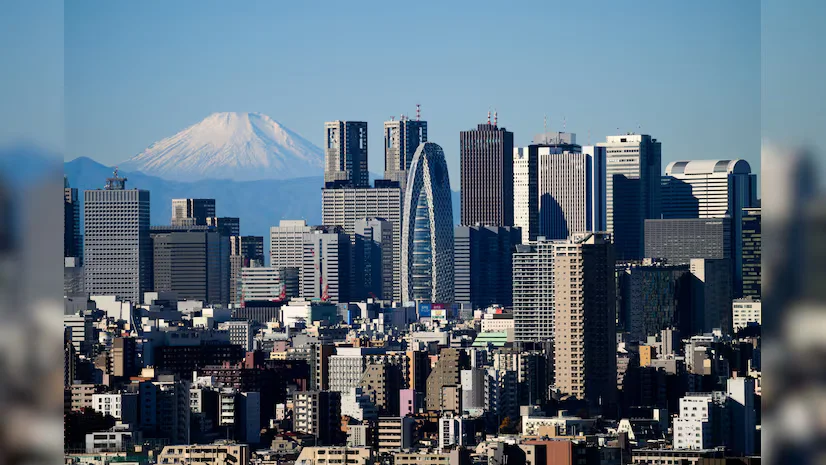- Web
- Feb 05, 2026
Japan loses top spot as world’s largest creditor nation after 34 years
-

- Web Desk Karachi
- May 27, 2025

TOKYO, JAPAN: Japan lost its position as the world’s largest creditor nation for the first time in 34 years, despite posting a record amount of overseas assets.
Japan’s net external assets reached ¥533.05 trillion ($3.7 trillion) at the end of 2024, rising about 13 percent from the previous year, according to data released by Japan’s Ministry of Finance. While the figure marked an all-time high, it was overtaken by Germany, whose net external assets totalled ¥569.7 trillion. China stayed in third place with net assets of ¥5166.3 trillion. Japan began its streak at the top by overtaking Germany in 1991.
Germany’s ascent reflects its substantial current account surplus, which reached €248.7 billion in 2024, thanks largely to a strong trade performance. Japan’s surplus in turn was ¥29.4 million, equivalent to around €180 billion.
Last year, the euro-yen rate rose around 5 percent exaggerating the increase in German assets versus Japanese in yen terms.
A country’s net foreign assets are the value of its overseas assets minus the value of its domestic assets that are owned by foreigners, adjusted for changes in currency values, and the figure is essentially reflected in the cumulative change of the country’s account.
Minister of Finance Katsunobu Kato signalled Tuesday that he was unperturbed by the development.
“Given that Japan’s net external assets have also been steadily increasing, the ranking alone should not be taken as a sign that Japan’s position has changed significantly,” Kato told reporters.
For Japan, a weaker yen contributed to increases in both foreign assets and liabilities, but assets grew at a faster pace, driven in part by expanded business investment abroad.
US tariffs could cost Japan’s top companies up to $27.6 billion
Tuesday’s data generally reflect broader trends in foreign direct investment. In 2024, Japanese companies maintained a robust appetite for foreign direct investment, particularly in the US and UK. Sectors such as finance, insurance, and retail attracted significant capital from Japanese investors, the ministry said.
Japan’s increasing allocations of funds to direct investment rather than foreign securities means it’s more difficult to repatriate funds quickly, according to Daisuke Karakama, chief market economist at Mizuho Bank.
“It’s easy to image domestic investors selling foreign bonds and securities when risks emerge, but they’re not going to divest from overseas companies they’ve acquired so easily,”Karakama said.
Looking ahead, the trajectory of outbound investment may hinge on whether Japanese firms continue to expand their overseas spending, especially in the US. With President Donald Trump’s tariff policies in effect, some companies may be incentivized to relocate production or transfer assets to the US to mitigate trade-related risks.




